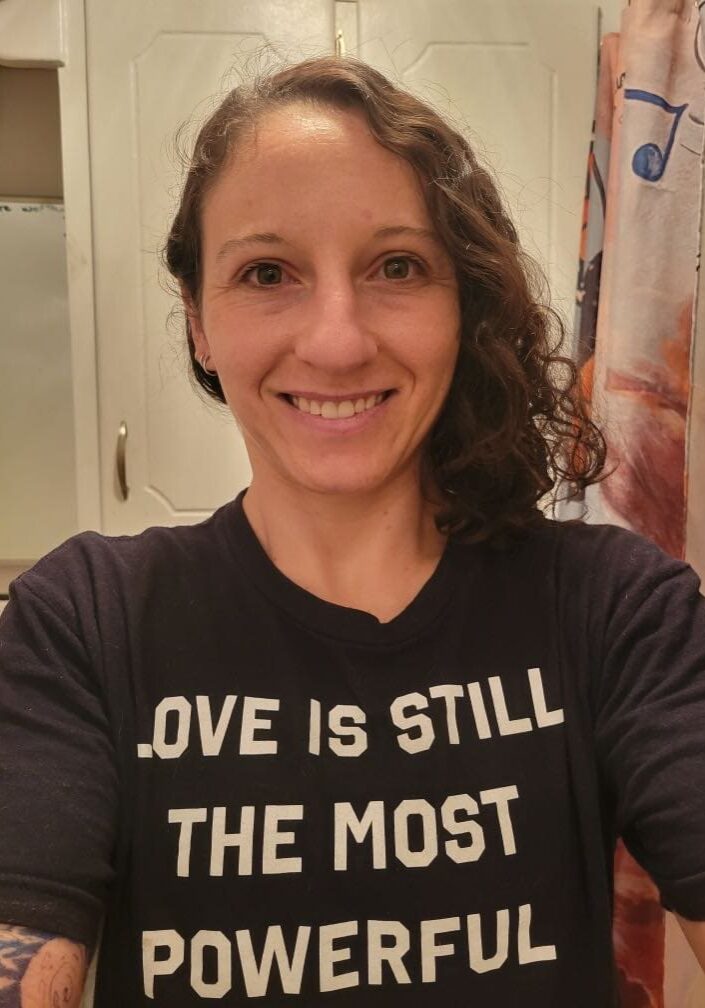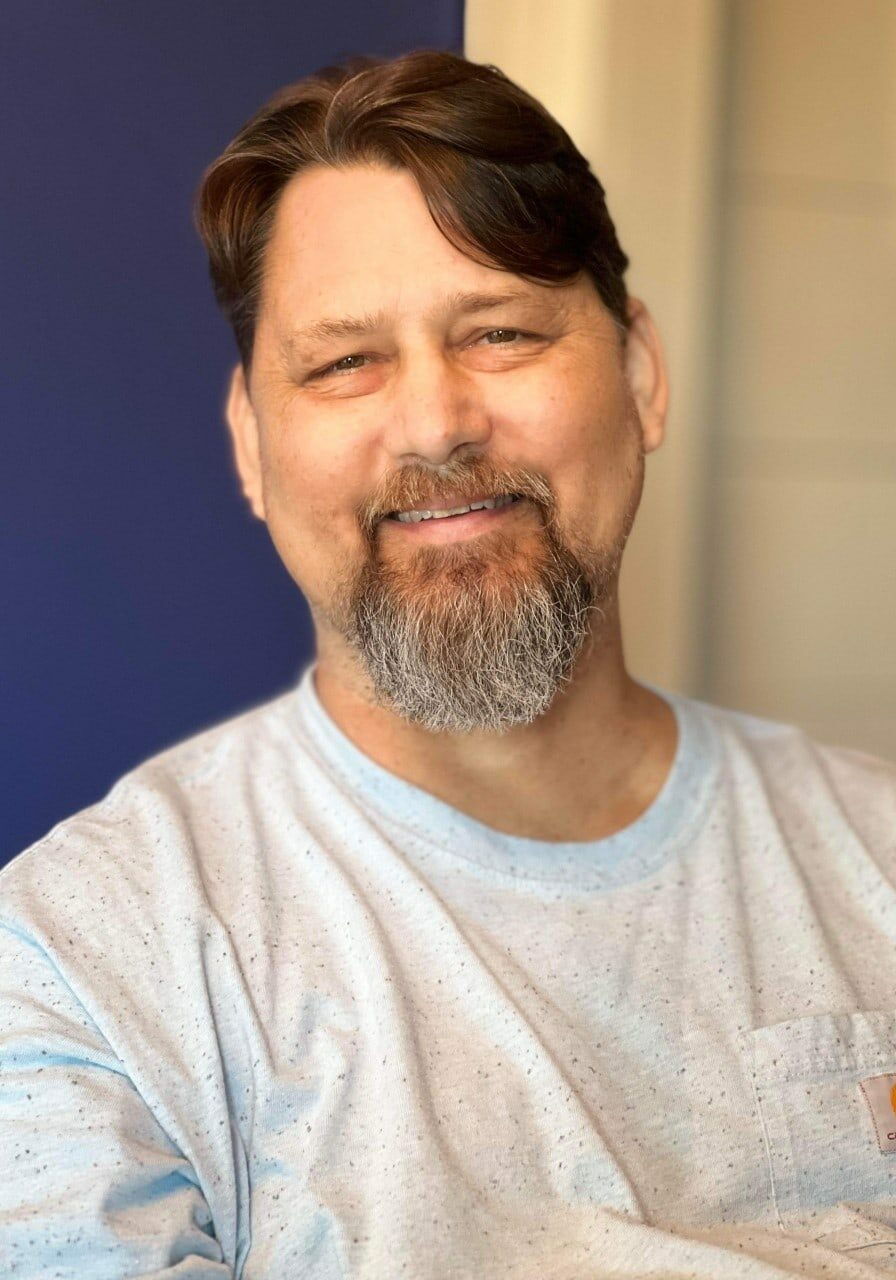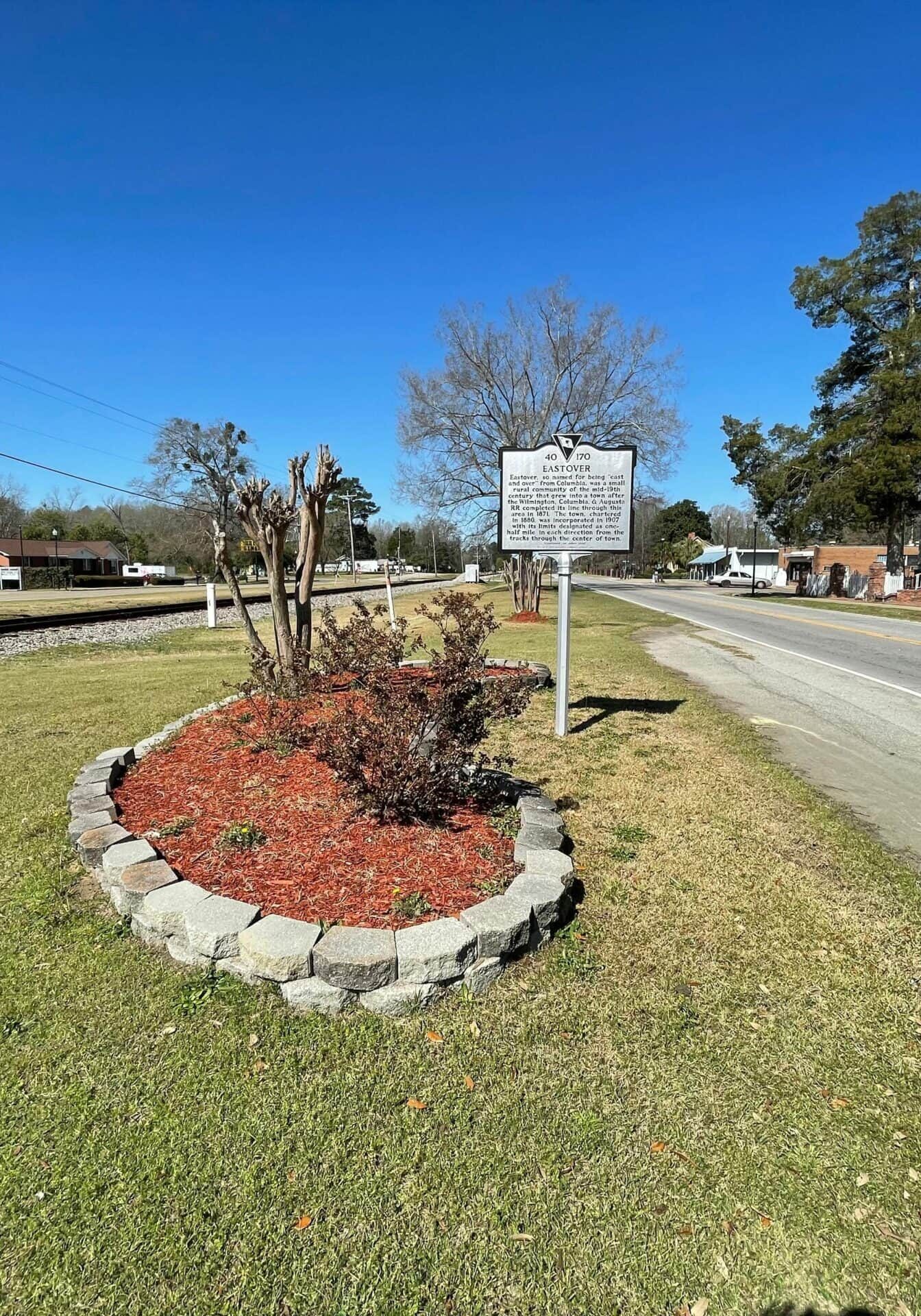Michelle’s Story
“My situation throughout life really has been around substance abuse and mental health,” says Michelle. “I have worked long periods of time, been able to maintain jobs so on and so forth… been able to take care of myself, live on my own, had money, so and on and so forth. But with substance abuse, mental health, and relapses, it was kind of back and forth, back and forth.”
Born and raised in South Carolina and currently living in Irmo, Michelle explains that her substance use began in her teenage years, at first experimenting with marijuana and alcohol, which then led to illicit drug use and addiction. Her mental health issues were always present and made it difficult to stay sober.
It wasn’t until 2020 when things changed for Michelle. Her dad’s worsening cancer motivated her to get clean so she could be there for him. The issue with finding help, however, was that she had no health insurance.
Michelle is currently in the coverage gap. That means she makes too much to qualify for Medicaid, but not enough to pay for a private healthcare plan through the Affordable Care Marketplace. She has juggled a variety of temporary jobs but has been unable to maintain a consistent position due to her health. Accessing services for basic needs has almost become a full-time job for her.
Fragmented
What is it like to be uninsured, but in need of so many services? Michelle has put a lot of effort and time into cobbling together her healthcare. It’s something she explains as vital to her sobriety. Given her experience with treatment centers, she went to LRADAC (Lexington/Richland Alcohol and Drug Abuse Council) to detox. After that she sought treatment services at Morris Village. From there she established long term care at Eau Claire Cooperative Health, filling out paperwork for their Good Samaritan program. While she commends Eau Claire for their services, she struggles with constantly having to travel 45 minutes to Blythewood from Irmo for primary care services. Michelle explains spending a lot of time making calls to different places, talking to different people, filling out lots of paperwork, traveling long distances to get services and more, all to get the services she knows she needs to maintain her health. She explained that she’s faced constant struggles working with people who were not fully knowledgeable about their programs, often unable to answer questions she had during the process of applying for services.
Barriers
While she has been able to find work on and off, it has been hard to save. Her time in the LRADAC cost around $12,000, a bill she is still working to pay off today. The costs of the various one-time appointments she’s had to be assessed continue to add up as well.
To work around her lack of healthcare, Michelle has had to tackle her health needs in pieces, which only exacerbates other needs. She recalls needing surgery and was able to sign up for a special grant program through Prisma to receive it, but the wait list was over a year. She continued working a janitorial job in excruciating pain, waiting for her opportunity to have the critical surgery.
“I am one of those 345,000.”
Michelle, Irmo resident
Closing the Gap
Michelle recently spoke at an event about the coverage gap. Afterward she wrote the number “ONE” alongside “345,000” – the number of South Carolinians that would benefit from Medicaid Expansion. “That’s me,” she said, “I am one of those 345,000.”
Michelle is one of 345,000 that are in need of affordable, quality health care. Like Michelle, most of these individuals are hard-working adults that simply do not make enough to afford a regular insurance plan. Closing the coverage gap would mean providing access to meaningful health care to a large portion of South Carolina’s workforce and help grow our economy.

Stories
Michaela's Story
For Michaela, being uninsured meant going without vital mental health services and collecting thousands in medical debt.
Cliff's Story
For Cliff, having no access to insurance has meant he has been unable to return to work.
Michelle's Story
Michelle shares her challenges with obtaining services to address her mental and physical health needs.



